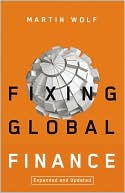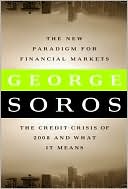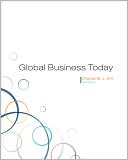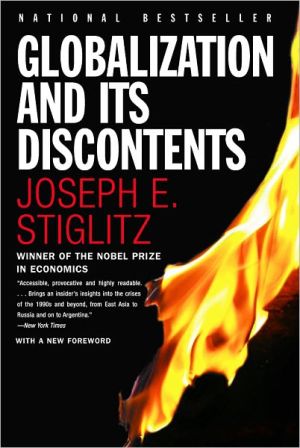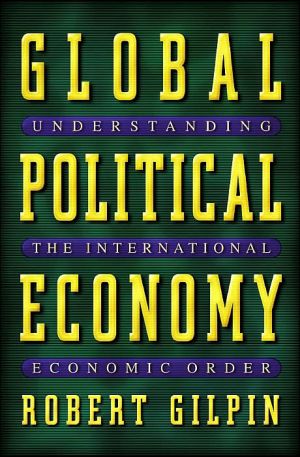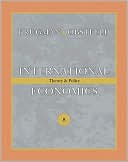Fixing Global Finance
Search in google:
Since 2008, when Fixing Global Finance was first published, the collapse of the housing and credit bubbles of the 2000s has crippled the world's economy. In this updated edition, Financial Times columnist Martin Wolf explains how global imbalances helped cause the financial crises now ravaging the U.S. economy and outlines steps for ending this destructive cycle — of which this is the latest and biggest. An expanded conclusion recommends near- and long-term measures to stabilize and protect financial markets in the future. Reviewing global financial crises since 1980, Wolf lays bare the links between the microeconomics of finance and the macroeconomics of the balance of payments, demonstrating how the subprime lending crisis in the United States fits into a pattern that includes the economic shocks of 1997, 1998, and early 1999 in Latin America, Russia, and Asia. He explains why the United States became the "borrower and spender of last resort," makes the case that this was an untenable arrangement, and argues that global economic security depends on radical reforms in the international monetary system and the ability of emerging economies to borrow sustainably in domestic currencies.Sharply and clearly argued, Wolf's prescription for fixing global finance illustrates why he has been described as "the world's preeminent financial journalist."Praise for the first edition"Wolf's analysis fills in a lot of blanks for those seeking to understand the new U.S. recession in a global context." — Publishers Weekly"This is an ambitious book by one of the most respected financial journalists of our time... He does a terrific job, taking us through the plethora of theories that were put out to explain the imbalances, debunking the more popular but flaky ones with gusto." — Financial Times"Get the book and expand your understanding of precisely what has brought the United States to its current flirtation with disaster." — The Desk"An extremely helpful guide to the origins of today's problems and to possible solutions." — Foreign Affairs"The only inkling of hope is that policy makers everywhere have been so shaken by events that they will heed what Wolf advises. This book is a great and important contribution to everyone's welfare on the globe. It can be paid no higher accolade." — Guardian"Fixing Global Finance marks a turning point in his worldview... offers important pointers to the way ahead." — New York Review of Books Publishers Weekly In his latest, author and economics journalist Wolf (Why Globalization Works) pronounces the current, "nearly inevitable" global economic crisis the product of a "perfect storm" of global macroeconomic imbalances: the scale of net borrowing by the U.S. and the lack of corporate demand for outside funding, exacerbated by aggressive monetary easing, consequent financial excess, and the housing bubble. Wolf's writing is hardly popular economics, requiring some work to understand and absorb, but it bridges a gap in economic understanding not yet addressed by Congressional subcommittees or the media, whose only suspects thus far have been Republican free market policy and Wall Street greed. The primary problem, argues Wolf, is global reliance on the United States as the borrower of last resort. Whether Wolf is correct is another question-determining that would require putting his suggested policies into action. Domestic financial housecleaning aside, Wolf's plan includes countries like China finding domestic uses for their enormous account surpluses and emerging countries creating first-world financial systems that complement but don't depend upon global financial markets, goals requiring significant international cooperation. Heavy but rewarding, Wolf's analysis fills in a lot of blanks for those seeking to understand the new U.S. recession in a global context.Copyright © Reed Business Information, a division of Reed Elsevier Inc. All rights reserved.
Ch. 1 Learning Lessons 1Ch. 2 Blessings and Perils of Liberal Finance 10Ch. 3 Financial Crises in the Era of Globalization 28Ch. 4 From Crises to Imbalances 58Ch. 5 Calm before a Storm 111Ch. 6 Toward Adjustment and Domestic Reform 151Ch. 7 Toward Global Reform 183Ch. 8 Toward a More Stable World 193Notes 197References 213Index 223
